48V 200Ah Solar Battery Uganda: Solve Outages & Save Costs
48V 200Ah solar battery in Uganda
With Uganda’s frequent power outages and rising electricity costs, a 48V 200Ah solar battery has become a game-changer for homes and businesses. But how long does it last? How many solar panels do you need? And is it safe for Ugandan households? This guide answers all your questions, tailored for Uganda’s climate and energy needs.
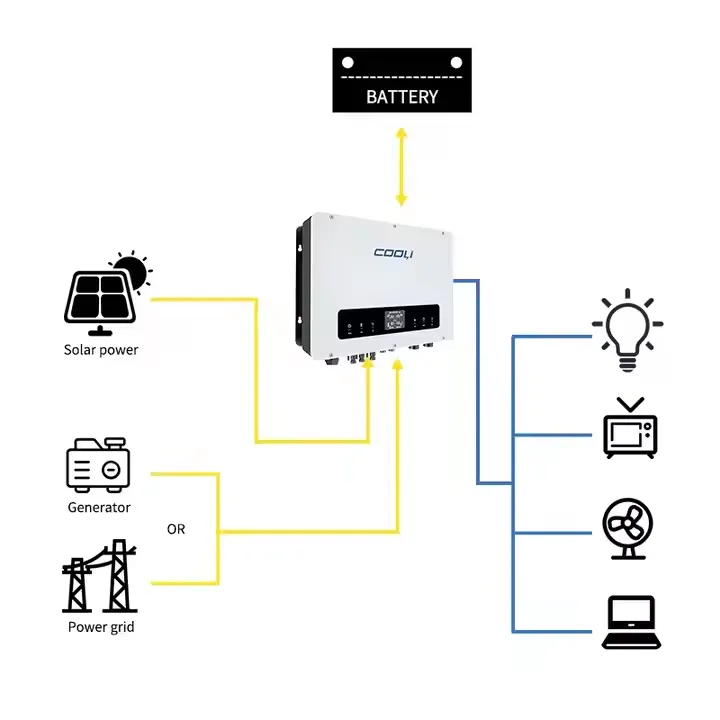
1. How Long Will a 48V 200Ah Solar Battery Last in Uganda?
A 48V 200Ah lithium battery stores 9.6 kWh of energy (48V × 200Ah = 9,600Wh). Here’s what it can power in a typical Ugandan home:
- Fridge (150W) + LED TV (50W) + Lights (50W): Runs for ~24 hours during outages.
- Water Pump (500W): Operates for ~4 hours daily.
Pro Tip: To extend battery life, avoid discharging below 20% and limit high-wattage appliances like electric kettles.
2. How Many Solar Panels Do You Need to Charge a 48V 200Ah Battery?
For Uganda’s 5 peak sunlight hours/day:
- Total Daily Energy Needed: 9.6 kWh (full charge).
- Solar Panel Requirement:
- 800W solar array (9.6 kWh ÷ 5h = 1,920W daily → ~4x 200W panels).
*Uganda-Specific Advice:* Opt for dust-resistant panels (e.g., monocrystalline) to handle dry seasons in regions like Karamoja.
3. What’s the Maximum Charging Current for a 48V 200Ah Battery?
- Recommended Charge Rate: 0.2C (20% of capacity) = 40A.
- Max Safe Current: 50A (0.25C) to avoid overheating.
Why It Matters: Uganda’s high temperatures (avg. 25–30°C) reduce battery efficiency. Use a charge controller with temperature compensation.
4. How Many kW is a 48V 200Ah Battery?
- Total Energy: 9.6 kWh (enough to power a 3-bedroom Kampala home for 8–12 hours).
- Continuous Power Output: Depends on the inverter (e.g., a 5kW inverter can run a fridge, TV, and lights simultaneously).
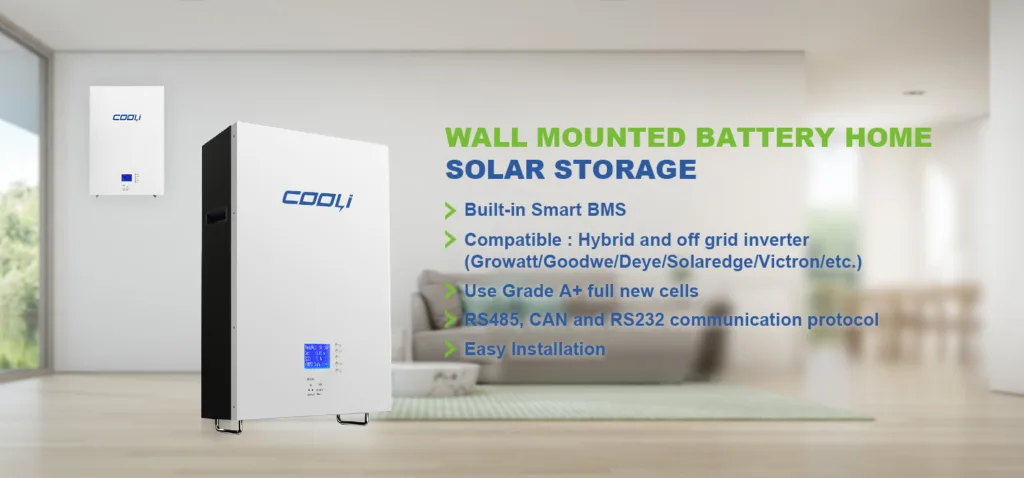
5. Can a 200Ah Battery Run a Fridge and TV in Uganda?
Yes! Here’s a breakdown for common Ugandan appliances:
| Appliance | Power (W) | Daily Usage | Energy Needed |
|---|---|---|---|
| Fridge | 150 | 24h | 3.6 kWh |
| 32″ TV | 50 | 6h | 0.3 kWh |
| 10 LED Lights | 50 | 6h | 0.3 kWh |
| Total | 250W | 4.2 kWh |
A 48V 200Ah battery can easily handle this load with 2+ days of backup (9.6 kWh ÷ 4.2 kWh = ~2.3 days).
6. Wall-Mounted vs Floor-Standing Batteries: Which is Better for Ugandan Homes?
- Wall-Mounted 48V Batteries:
- Pros: Saves floor space (ideal for Kampala’s compact homes), safer from floods.
- Cons: Requires sturdy walls (avoid mud houses).
- Floor-Standing Batteries:
- Pros: Easier to stack for expansion (e.g., adding a second 200Ah battery).
- Cons: Needs dry, ventilated space.
Winner for Uganda: Wall-mounted for urban areas; stackable floor-standing for rural homes needing scalability.
7. Are Stackable Batteries Safe for Homes with Children?
Modern stackable solar batteries are designed with safety features perfect for Ugandan families:
- Childproof Casings: Anti-tip brackets and lockable covers.
- Overheat Protection: Automatic shutdown at 60°C (critical for Uganda’s climate).
- Certifications: Look for UL/IEC standards (e.g., Huawei or Coolithium).
Local Tip: Install batteries in a locked store or elevated shelf to prevent tampering.
Why Choose a 48V 200Ah Solar Battery in Uganda?
- Load Shedding Relief: Survive 8–12-hour outages common in Entebbe and Jinja.
- Cost Savings: Reduce monthly bills by 70% (Uganda’s average grid tariff: UGX 750/kWh).
- Durability: Built for Uganda’s humidity, dust, and 30°C+ temperatures.
Conclusion
A 48V 200Ah solar battery is Uganda’s ultimate solution for reliable, affordable power—whether you’re in Gulu’s rural farms or a bustling Mukono home. Pair it with quality solar panels, and you’ll conquer load shedding for good!
Ready to Go Solar?
Get a Free Quote for Your 48V 200Ah Solar Kit in Uganda
5kWh LiFePO4 Battery in Vietnam 10kWh Energy Storage Solutions for Yemen 15kWh LiFePO4 Solar Storage 15kWh Solar Battery 24V vs 48V Lithium Battery 48V Lithium Batteries 51.2V 200Ah 10kWh Battery 51.2V 200Ah LiFePO4 Batteries Wholesale 150kW Solar System 300Ah 51.2V Floor Standing Battery Battery IP Ratings battery manufacturer in China Best LiFePO4 Batteries Engineered for Middle East Desert Best Lithium Battery in Pakistan Bulk Buy Home ESS China DDP Wholesale China Sourcing Tips China’s Top Battery Manufacturer Custom Household Batteries Direct Factory Custom Lithium Batteries Depth of Discharge (DoD) energy storage battery Grade A Battery home energy storage Lead-Acid to Lithium LiFePO4 batteries LiFePO4 Batteries in Australia LiFePO4 Batteries in the Philippines LifePo4 battery LiFePO4 Battery Manufacturers LifePO4 Battery Technology LiFePO4 Battery vs. Lithium-Ion LiFePO4 vs NMC Home ESS Lithium Battery Manufacturer Lithium Battery Safety Tips lithium ion battery Market Trends Off-Grid Solar Batteries for European Homes Reliable Home Battery Bulk Suppliers Solar Batteries in Syria Solar Panel solar system Top 10 Home Battery Alibaba Suppliers Verified Wall-Mounted Lithium Batteries Wall vs Rack Batteries

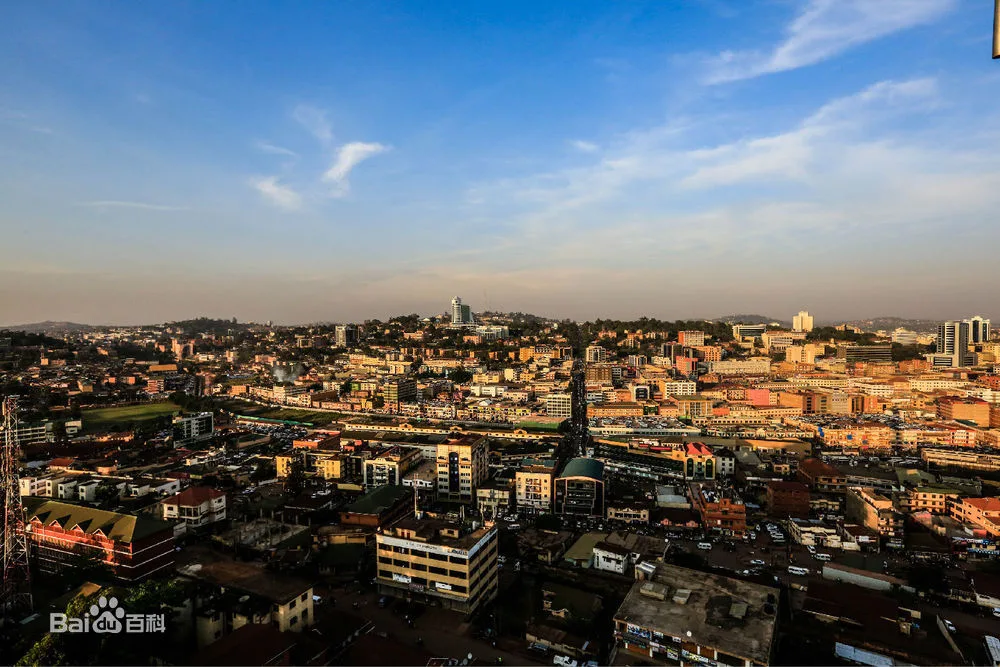
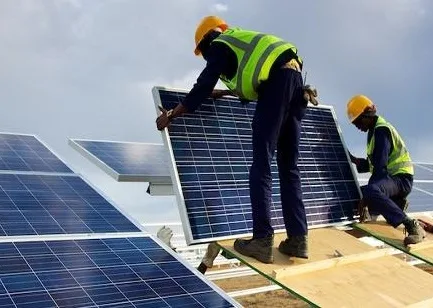
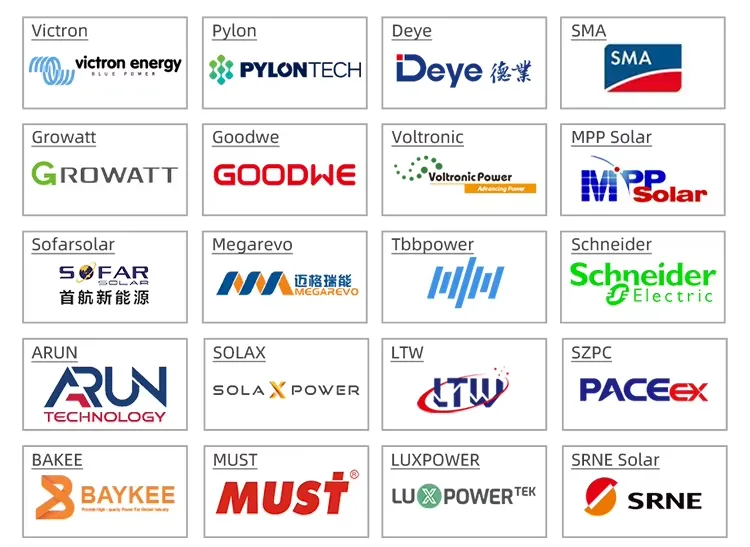
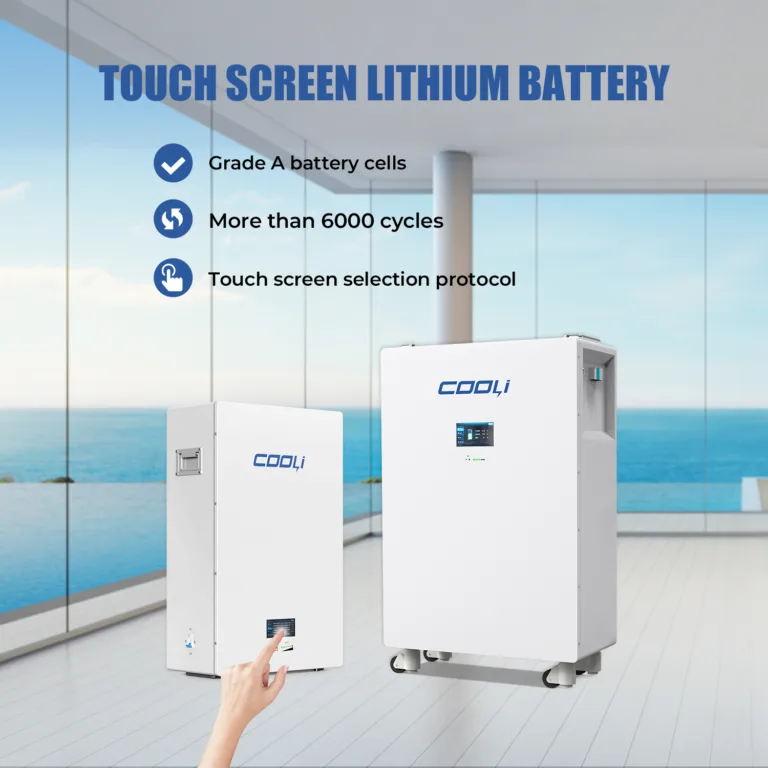

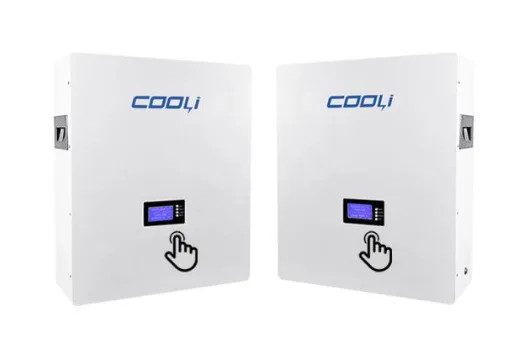

I bought the 48V 200Ah solar battery for my farmhouse near Gulu. During last week’s 10-hour outage, it powered our fridge, TV, and lights without issues – even our water pump worked! But does it really last 5 years in our dusty conditions?
Thank you for sharing your experience! Our batteries use IP65-rated enclosures specifically for Uganda’s dust and humidity. With monthly terminal cleaning (we’ll email you a free guide) and avoiding full discharges, 5+ years is achievable. Enjoy uninterrupted water access this dry season!
Our clinic relies on the 48V 200Ah battery to refrigerate vaccines and power lights during surgeries. It’s been lifesaving, but we need 24/7 uptime. Can it handle continuous use without degrading?
Thank you for your vital work! Our lithium batteries are rated for 5,000+ cycles at 80% depth of discharge – perfect for 24/7 clinics. For Fort Portal’s high usage, we recommend biannual maintenance checks to ensure peak performance. Stay powered for life-saving care!